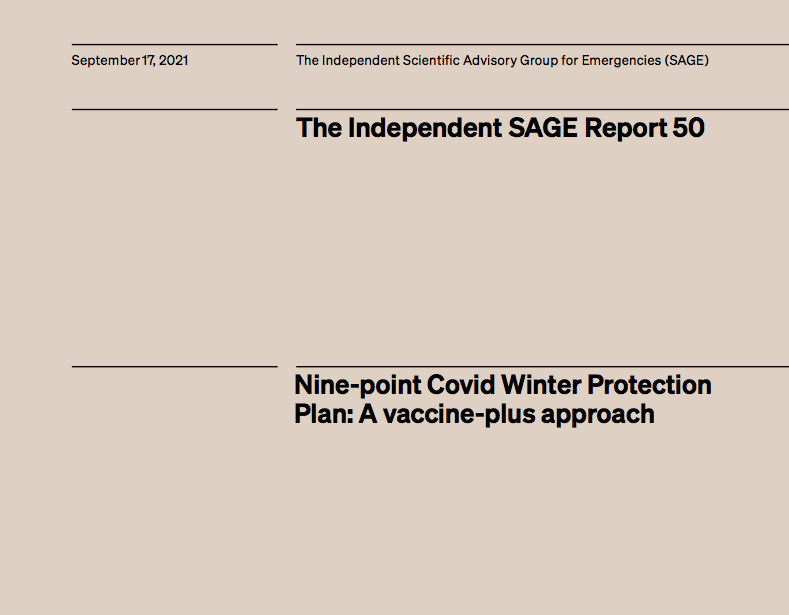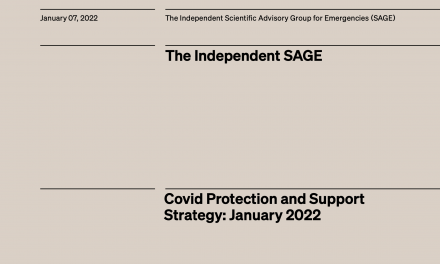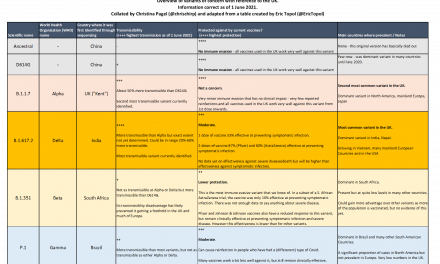As we move into autumn and winter this year, infections and hospitalisations are far higher than at
the same point in 2020—despite the roll-out of vaccines. High case rates will continue to cause
disruption to daily life and lead to a significant of long Covid in the population, while also allowing
potential for new variants to emerge and spread. Additionally, while vaccination has weakened the
link, high cases do lead to more hospital admissions: currently a quarter of people in intensive care
in England have Covid. The British Medical Association have highlighted the continue strain Covid is
placing on the NHS, which is already under severe pressure from a combination of large backlogs,
underfunding, understaffing and staff exhaustion.
On 8 Sept 2021, SAGE warned of the NHS becoming overwhelmed again and called for measures to
be taken to avoid it—just as they made a similar warning in September 2020. Last year this advice
was ignored, resulting in high case rates that required longer severe restrictions in November 2020
and, ultimately, the winter of 2021 to bring the pandemic under control. We must make sure we do
not make the same mistake again.
What would make inaction even more culpable is that, this year, high levels of immunity mean that
the additional measures needed to bring cases down can be considerably more ‘light touch’ and less
restrictive than last year. They should focus more on protection and support for the public rather
than restrictions on activities. The experience of other countries (e.g. Denmark, Israel, Italy, Portugal,
Singapore) shows that such a combination of vaccination and moderate protections can bring the
pandemic under control even with the more contagious delta variant.





